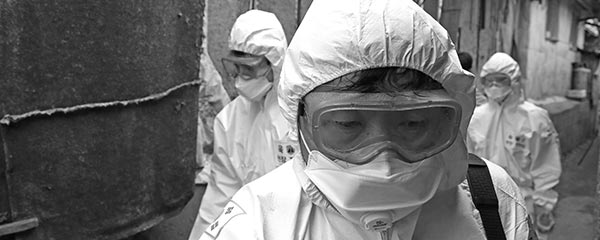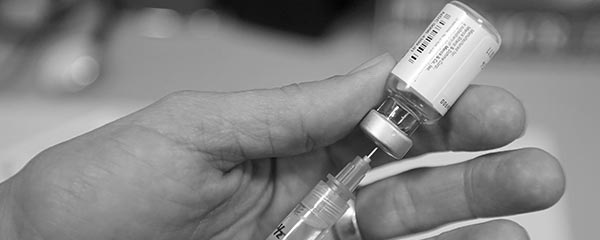The world may trust scientists more than it did before the pandemic, but a new Wellcome Global Monitor report shows the world doesn't think government leaders value the opinions and expertise of these scientists much.
One in four adults surveyed in 2020 said they think the leaders in their national government value the opinions and expertise of scientists "a lot."
An additional 35% said government leaders place "some" value, but nearly three in 10 adults (28%) globally felt their government leaders did not place much or any value on scientists' expertise.
| Global adults | |
|---|---|
| % | |
| A lot | 25 |
| Some | 35 |
| Not much/Not at all | 28 |
| Don't know/Refused | 12 |
| Wellcome Global Monitor, Oct. 2020 - Feb. 2021 | |
These data come from , a survey conducted in 113 countries and territories throughout 2020. Representative sampling in these nations revealed how more than 90% of the world's adult population felt about COVID-19, science, government and trust in institutions in the first full year of the pandemic.
Four in 10 Say Governments Make Decisions Based on Scientific Advice 'a Lot'
Although just one in four said their leaders valued scientists' opinions and expertise a lot, a much larger percentage -- 41% -- of adults worldwide felt their governments were making decisions about coronavirus based on scientific advice "a lot."
An additional 30% said their national government was making some decisions based on scientific advice, and another 23% felt their government did not make much or any decisions based on this type of advice.
| Global adults | |
|---|---|
| % | |
| A lot | 41 |
| Some | 30 |
| Not much/Not at all | 23 |
| Don't know/Refused | 6 |
| Wellcome Global Monitor, Oct. 2020 - Feb. 2021 | |
Compared with other groups who might make decisions about coronavirus based on science, the national government ranked exactly in the middle of this list. They ranked well above religious leaders, slightly above family and friends, below the World Health Organization (WHO), and well below doctors and nurses -- who rank extremely high in general perceptions of trust.
| A lot | |
|---|---|
| % | |
| Doctors and nurses | 63 |
| WHO | 48 |
| National government | 41 |
| Friends and family | 38 |
| Religious leaders | 23 |
| Wellcome Global Monitor, Oct. 2020 - Feb. 2021 | |
Implications
In the COVID-19 world, scientific information, advancements and advice are at the forefront of global conversations. Trust in science and scientists is on the rise. At the same time, people do not generally feel their government shares this level of trust, nor do they feel confident their government is valuing or acting on scientists' expertise and advice. This seeming disconnect may reflect a larger disconnect with their own leadership.
Perceptions that government leaders value or base decisions on scientists' expertise go hand in hand with people's trust in their leadership. Where people's confidence in their government is high, people are also more likely to believe that the government values the expertise of scientists and bases its decisions on their advice.
To find out more about perceptions during the time of the pandemic, check out Wellcome's newly released report: .
To stay up to date with the latest 优蜜传媒News insights and updates, .
For complete methodology and specific survey dates, please review .
Learn more about how the works.




